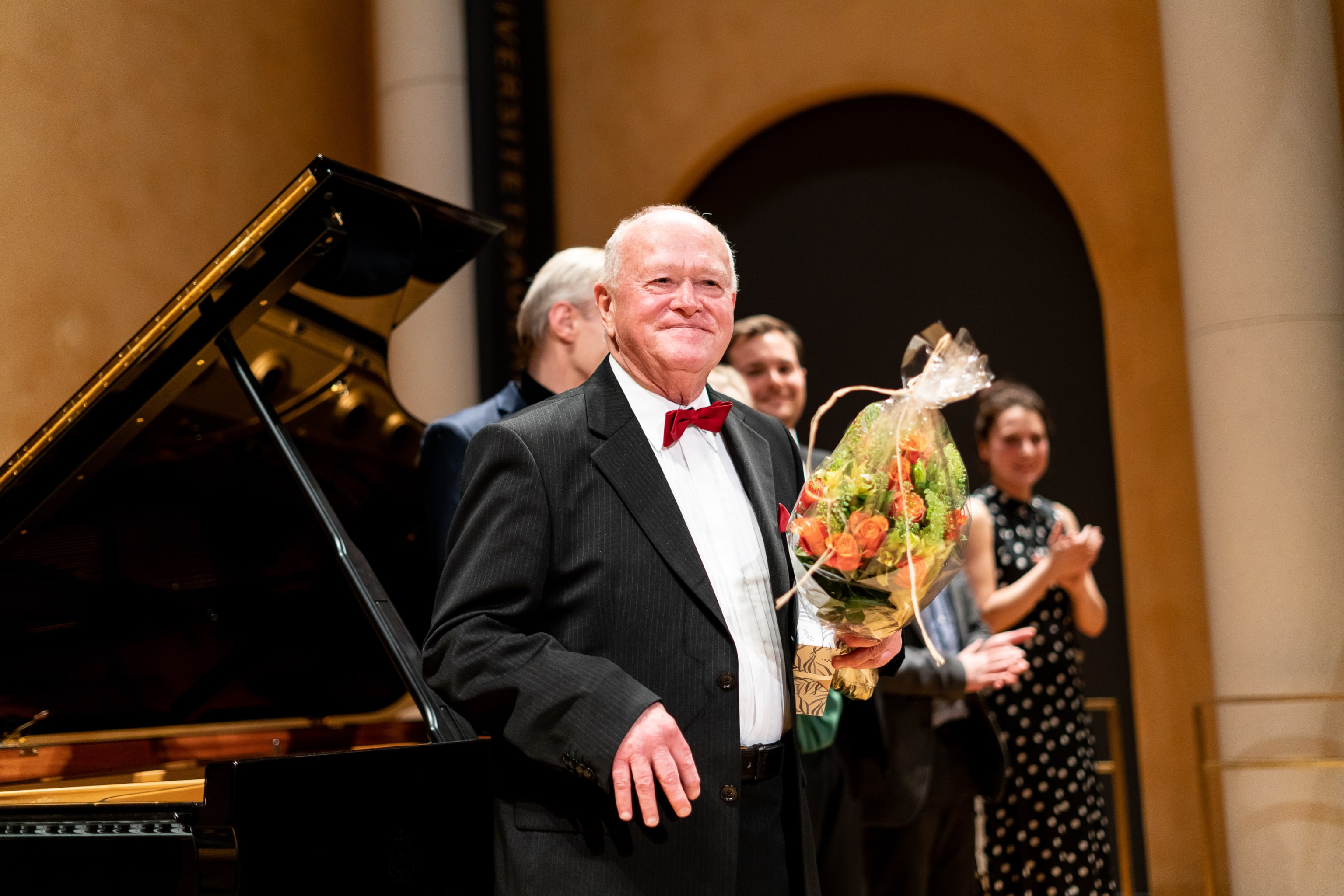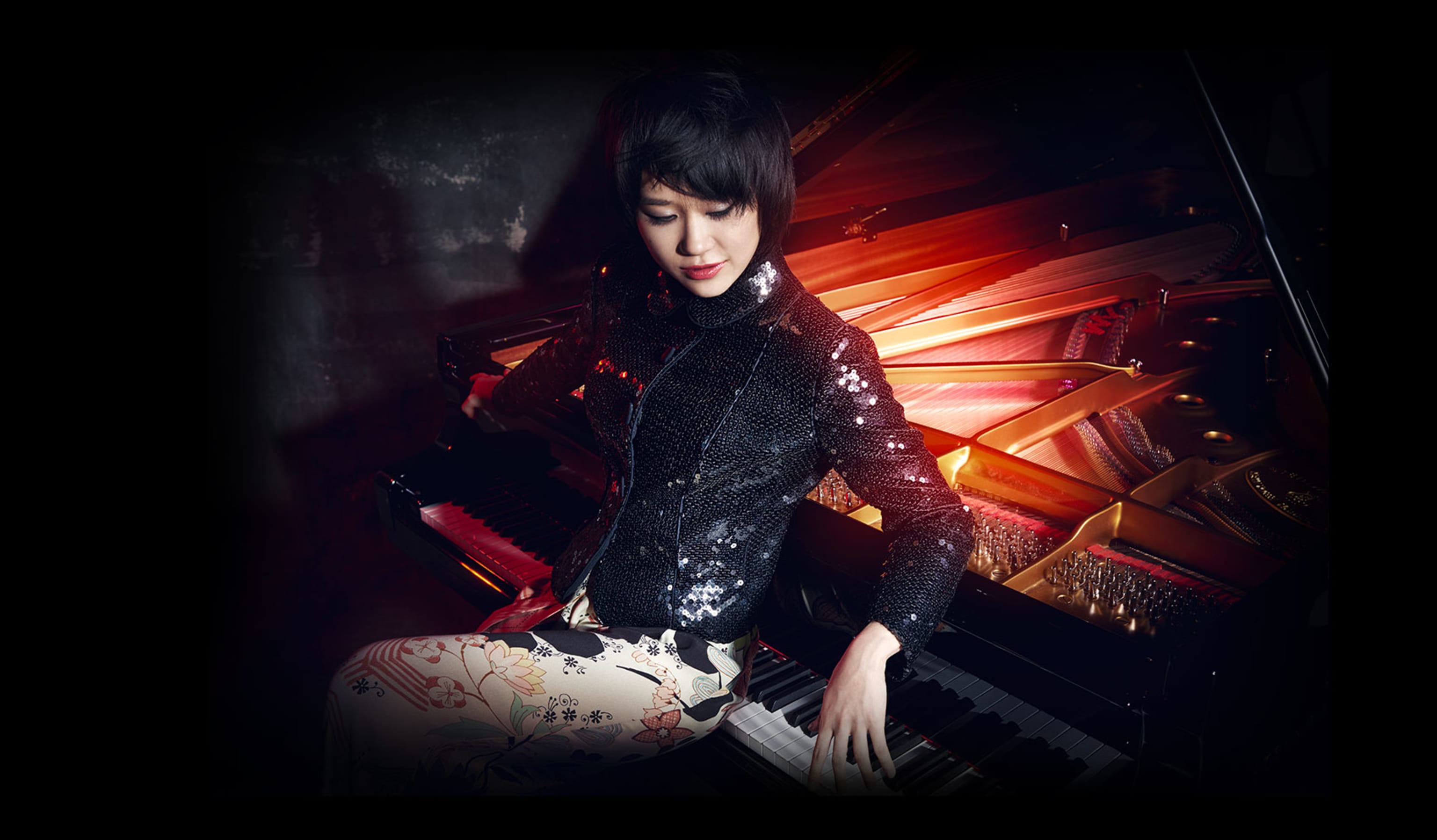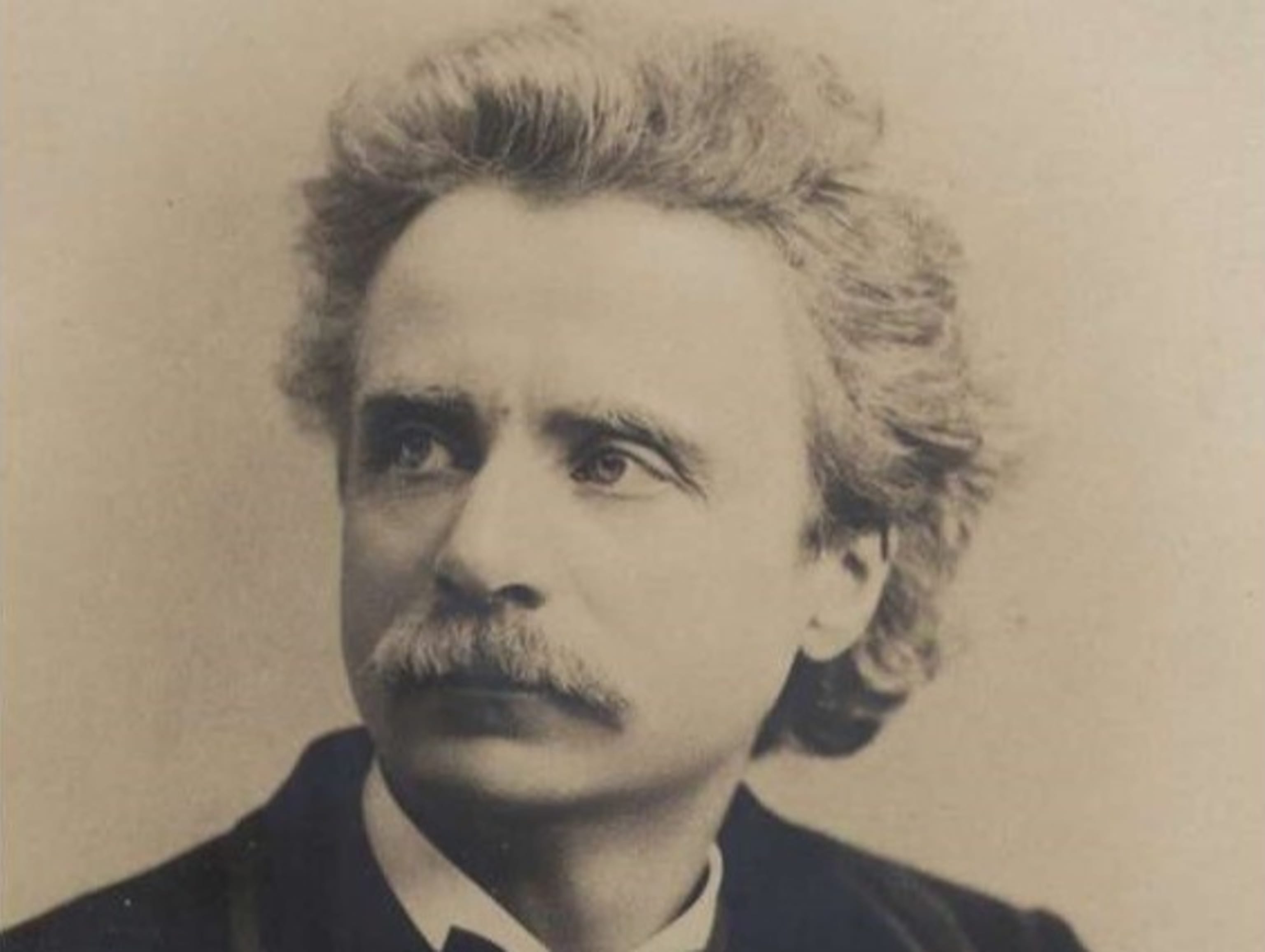How to watch theatre that’s not there
- Home
- Festival
- 2021
- Articles
- How To Watch Theatre That’S Not There
- By:
By: Ketil Mosnes,
May 26, 2021
The National Theatre in London presents a revolutionary virtual solution in Grieghallen.
VR technology has made an enormous progress in the recent years, both in connection with games, education, health services and art. A few years ago, The National Theatre in London began experimenting with different uses for this technology, and the result was something they called Immersive Storytelling Studio: A studio established to investigate how virtual reality, 360˚ film, augmented reality and other new technologies can expand and strengthen the theatre's area of position and responsibility as a pioneer in dramatic storytelling. This includes, among other thing, making it possible for the audience “to participate” in the stories as more than passive recipients.
During the Bergen International Festival, the British theatre presents its concept in the Grieg Hall, where three short films made with modern VR technology are shown: All Kinds of Limbo shows how the music scene in the UK has been influenced by Caribbean culture. fabulous wonder.land is a music video inspired by Alice in Wonderland. HOME: Aamir takes you on a journey to a French refugee camp, where you will hear the story of the Sudanese refugee Aamir.
The use of VR technology in theatrical art has become even more relevant during the corona pandemic, with theatres around the world being forced to rethink their operations due to a lack of audience. However, the idea emerged well before pandemic and lockdown: Four years ago, the Tisch School of the Arts - part of New York University - started planning a course where theatre students would have the opportunity to collaborate with VR developers. The first course took place in January 2020, a few months before the pandemic broke out. In 2016, the Royal Shakespeare Theatre in England presented a version of The Tempest, in which VR technology was used. The following year, the Wales National Opera presented what they called virtual reality accompaniments; where spectators had the opportunity to take a VR tour inside the performances. VR shows have also appeared in Denver, Sacramento, Toronto and many other places.
In connection with Immersive Storytelling Studio's upcoming appearance in the Grieg Hall, Bergen International Festival spoke with Toby Coffey, head of digital development at The National Theatre in London:
– When, and how, did the idea of the Immersive Storytelling Studio originally occur?
– We formally established the studio in 2016 after a five month exhibition of interactive work in 2015. enter wonder.land attracted over 90,000 people and the portfolio of immersive work we were developing started to grow. enter wonder.land featured fabulous wonder.land which you are showing at the Bergen International Festival.
– VR-theatre will most likely never be a direct competitor to physical theatre, but in which ways do you see VR-technology supplementing and/or enriching more traditional plays?
– I believe that we need to expand out beyond VR and think about the whole XR (extended reality) landscape when we look at the future of performance. So VR, AR, MR, spatial audio, haptics…these and more - some not yet on the market - will all play a role. I think there will be two main strands of work: Performance specifically developed to have immersive at the heart of it from the very beginning, and that may not be destined for traditional theatre spaces, and then a strand of work in which some of the technologies are brought into our existing venues in the way that projection was for example. They will find their ways to naturally appear on stage. I do think that one of the big developments will be exciting new ways that give access to our work in the way that we do with National Theatre Live and National Theatre at Home now. XR is going to bring some very interesting developments for remote audiences.
– At the Bergen International Festival, you won’t be present yourself because of the pandemic. The fact that you still can present your work here, shows that pandemic or other physical boundaries won’t stop a project like this. In which ways do you feel Corona has helped escalate the use of VR-technology in the arts?
– I think lockdown has escalated into action a number of conversations that were already happening around digital performance and distribution. VR is part of that, but if you look at how the music industry has engaged with the game industry and some of the developments within the fashion industry and the use of AR, there has been some real leaps there.
– How do you see the use of VR and AR in theatres in ten years from now?
– It will be ubiquitous and normalised by then - where appropriate - and we will probably be looking at other upcoming developments in what we currently recognise as ‘technology’.
Supported by Vestland county council



